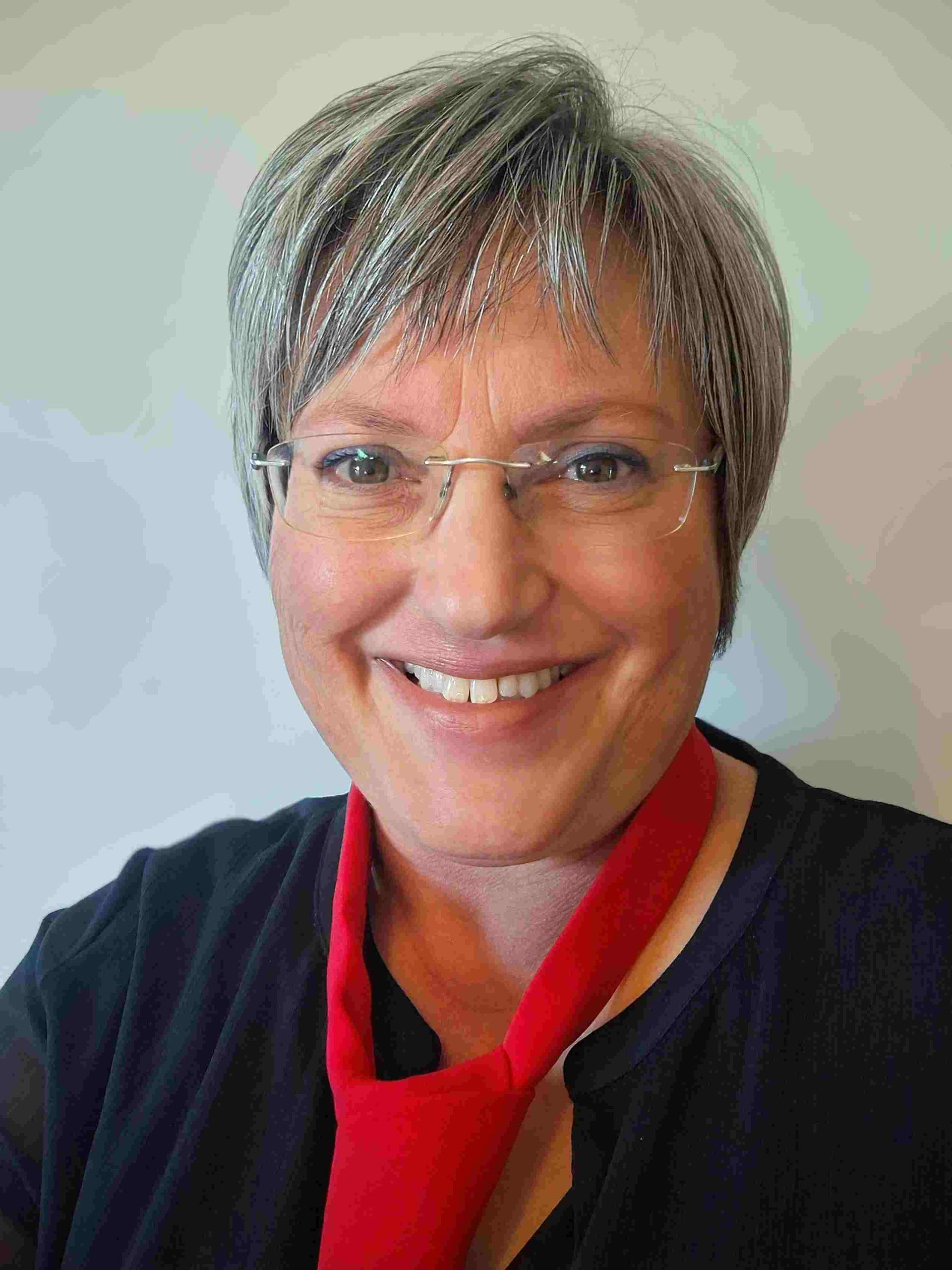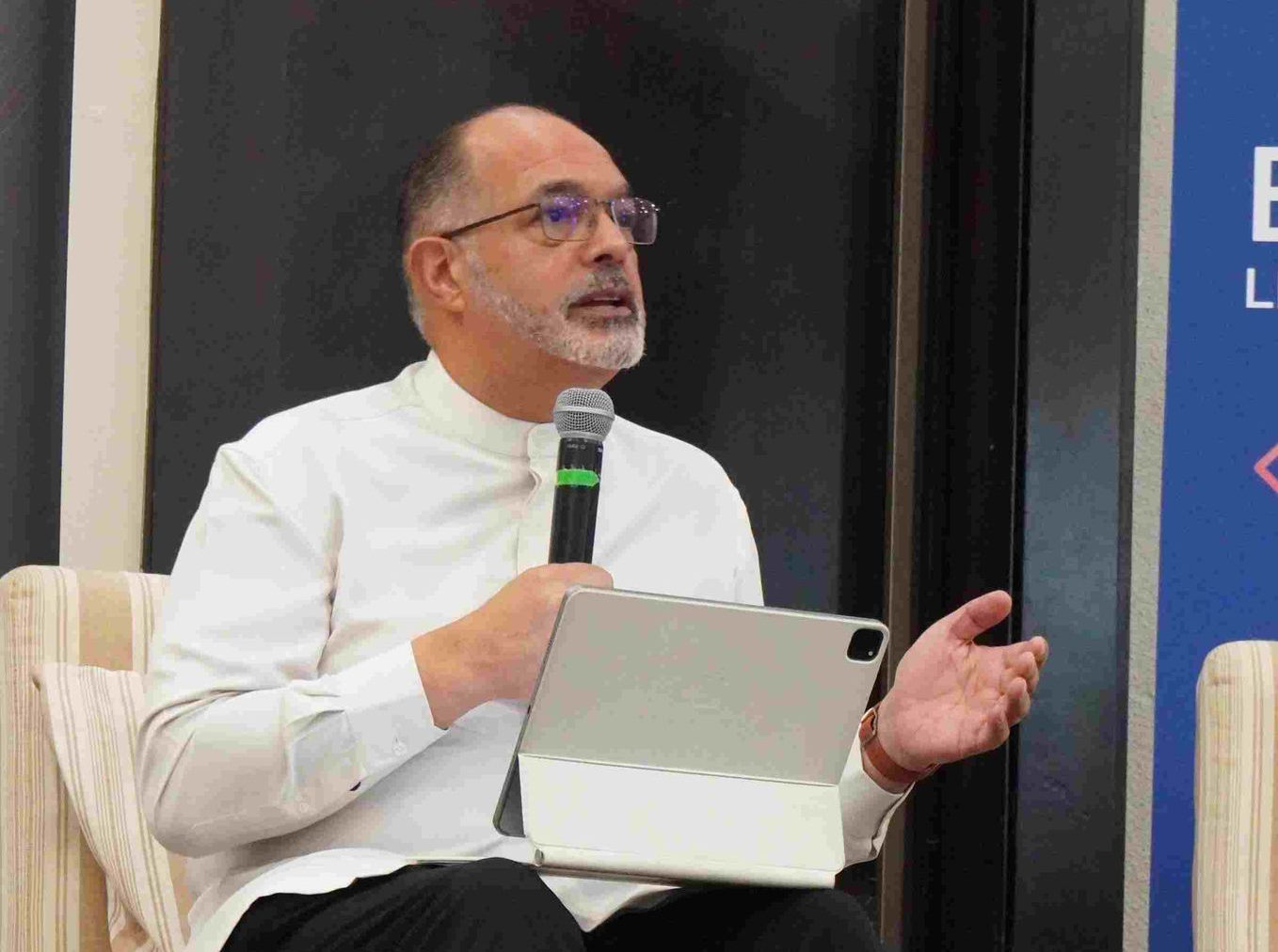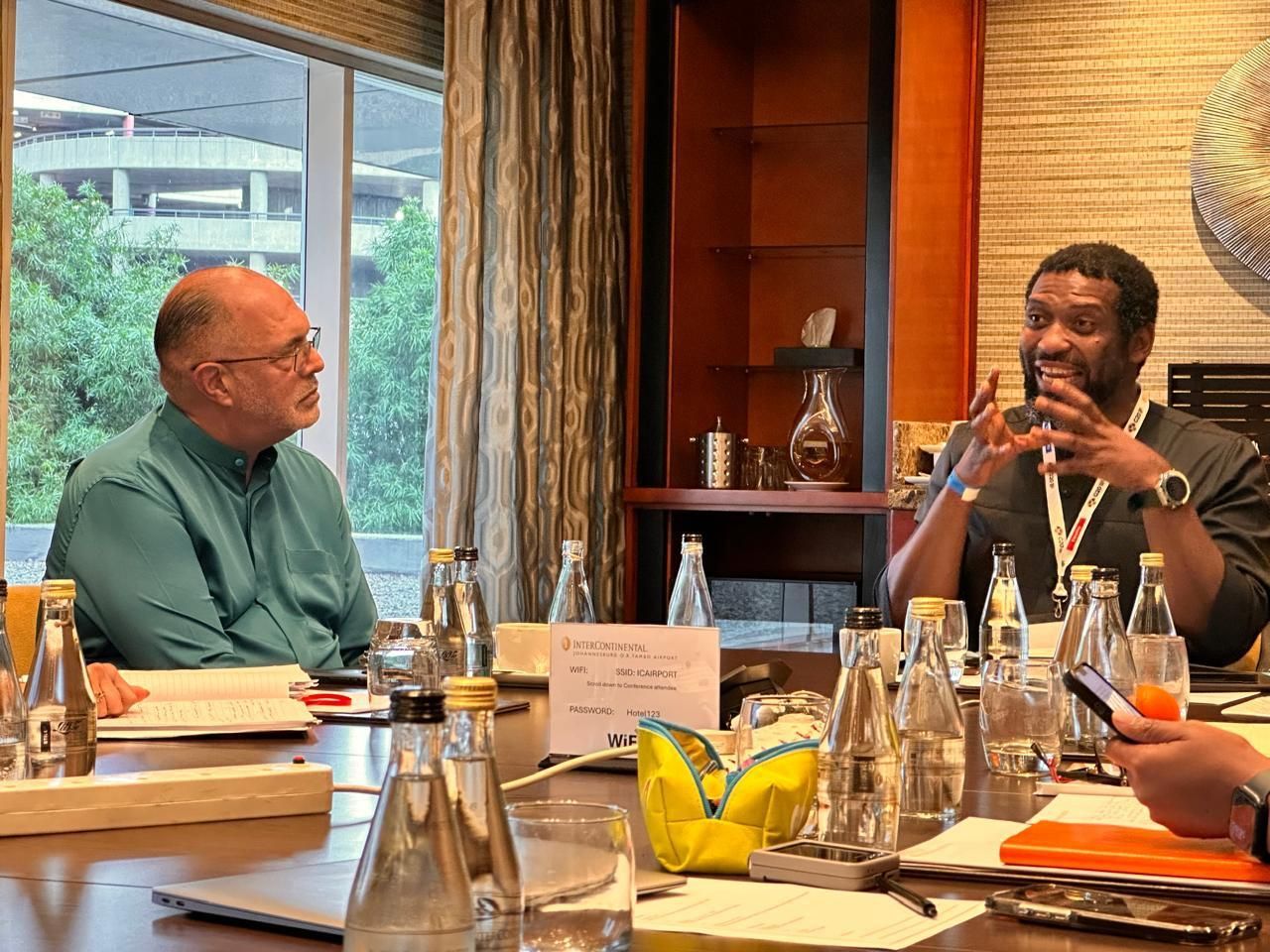Women leading the way: Navigating challenges, inspiring change
In celebration of Women’s Month, SAPHE spoke to Dr Marianne Louw, Executive Dean at Cornerstone Institute, leadership specialist, and author of Leading Experts: How to bring out the best in clever team members. Dr Louw brings a wealth of experience and insight to the conversation on women in leadership.
Navigating leadership: Challenges women face
According to Dr Louw, women leaders tend to face two broad categories of challenges: environmental and internal. Understanding both is key to creating more equitable and empowering workplaces.
Environmental challenges, she explains, are often systemic. “Many women struggle to get ahead at work because they continue to carry a disproportionate share of household and family responsibilities compared to their male spouses and colleagues.” This burden is exacerbated by the outdated notion of the “ideal worker” — someone fully devoted to work and constantly present in the office. Such a model excludes many women from key leadership opportunities.
She says research also shows that women take on the majority of ‘office housework’ – spending time (often beyond their official responsibilities) helping colleagues maintain work-life balance and championing diversity and inclusion. This important work is rarely formally recognised and adds further stress on women in leadership roles.
How can this be addressed?
Dr Louw believes that organisations must take deliberate steps: “Senior management should recognise the value of this work and ensure these responsibilities are acknowledged and rewarded. Creating workplaces that are both flexible and predictable in terms of schedules can also make a major difference.” We should challenge the outdated ‘ideal worker’ model that undervalues those who cannot conform to it.”
Overcoming internal barriers
Furthermore, women also often have to contend with internalised norms and communication habits that can undermine their leadership presence. Dr Louw highlights that women who communicate in traditionally feminine ways — with inclusivity and tentativeness — may find it harder to gain the respect of colleagues who favour a more assertive, masculine style.
“In meetings, many women tend to preface their contributions with phrases like, ‘Sorry, I just want to add…’ or ‘I’m not sure if this is relevant, but…’” she says. “While these approaches are well-intentioned, they can come across as a lack of confidence — and in leadership, confidence is still closely tied to credibility.”
Women are also more likely to believe that their work will speak for itself, and tend to apply for leadership positions only when they meet all the listed criteria — unlike many men, who apply even when underqualified and often succeed.
Any advice?
“Since these are internal challenges, they must be tackled internally. Communicating with confidence is not arrogance. Stop apologising. Speak up about your contributions and make sure decision-makers are aware of your value. Don’t wait to be perfect before stepping forward. Dare to take risks, to ask, to try. What’s the worst that could happen?
Inspiring the next generation
How can today’s women leaders empower the next generation? For Dr Louw, the most powerful inspiration is often a living example. “Women are widely recognised for their grit and empathy, and when confidence – balanced with humility – is added to the mix, it can be truly transformative.
She emphasises the importance of intentional mentorship, encouraging leaders to help younger or more junior women see beyond day-to-day tasks and to actively look for opportunities to contribute meaningfully to their organisations and communities.”
Dr Louw says, ”We must share the success stories of women who’ve gone before us – from our own lives and from research now demonstrating the tangible benefits of female leadership on team performance, organisational culture, and yes – even the bottom line. In short: show and tell. Show and tell”.
An unexpected career in Higher Education
Reflecting on her own journey into higher education, Dr Louw admits it was never part of the plan — but it turned out to be exactly the right path. “I was a young journalist working at a struggling newspaper when I took a job as a junior lecturer at the University of Johannesburg. I quickly discovered I loved it,” she recalls.
Years later, after stepping away from academia, she reluctantly agreed to teach one module at the then Monash University South Africa. “One year later, I was permanently appointed as an academic head. I’ve since moved institutions, but I’ve never left higher education again.”
Final thoughts
Dr Louw’s reflections remind us that the journey toward more inclusive, representative leadership is ongoing — but possible.

Dr Marianne Louw



